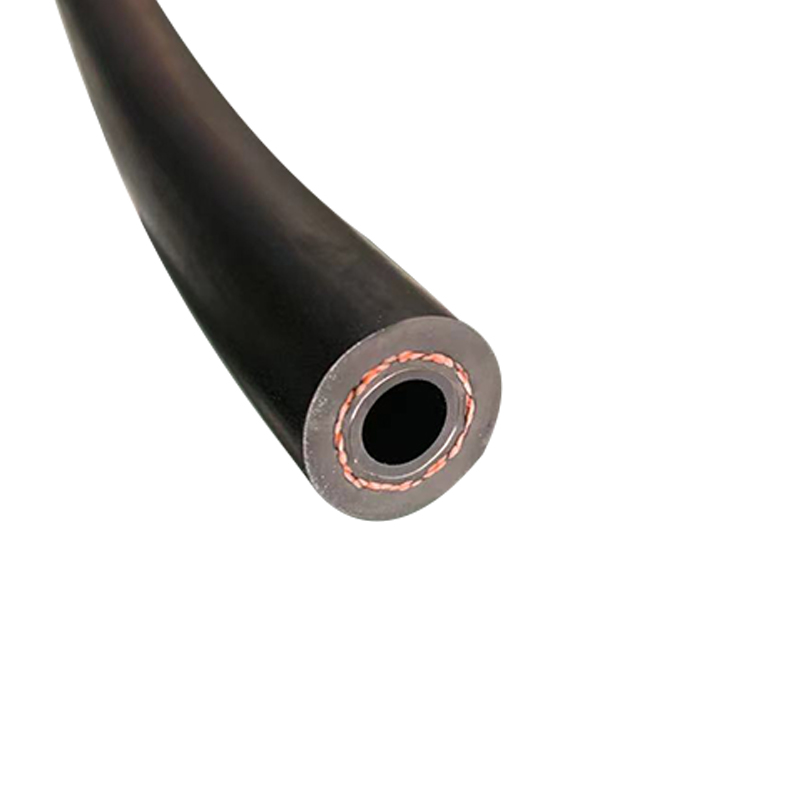car fuel lines
Agu . 31, 2024 12:48 Back to list
car fuel lines
Understanding Car Fuel Lines Importance, Maintenance, and Repair
Car fuel lines are crucial components in the automotive fuel delivery system, playing a significant role in transporting fuel from the gas tank to the engine. These lines are typically made of rubber, plastic, or metal, and their primary function is to withstand the pressure to deliver fuel efficiently. Understanding the importance of fuel lines, their maintenance, and potential repairs can help vehicle owners ensure optimal performance and safety.
Importance of Fuel Lines
The fuel lines in a vehicle serve as conduits that carry gasoline or diesel from the fuel tank to the engine. This process involves various stages of fuel delivery, including pressurization and filtration. Properly functioning fuel lines prevent leaking fuel, which can lead to fire hazards and reduced engine performance. Moreover, clean fuel lines contribute to better fuel efficiency and overall engine health. If fuel lines are obstructed or damaged, it can result in inadequate fuel flow, causing the engine to sputter or fail to start.
Maintenance of Fuel Lines
Preventive maintenance is key to ensuring the longevity and functionality of car fuel lines. Regular inspections can help identify issues before they escalate. Vehicle owners should look for signs of wear and tear, such as cracks, leaks, or discoloration in the rubber or plastic lines. Additionally, checking for rust in metal lines is crucial, as corrosion can lead to significant breakdowns.
Another aspect of maintenance is ensuring that the fuel filter is replaced regularly. A clogged fuel filter can increase pressure within the fuel lines, making them more susceptible to damage. While different manufacturers provide specific recommendations for maintenance schedules, a good rule of thumb is to inspect fuel lines and filters every 30,000 to 50,000 miles.
car fuel lines

Common Problems and Repairs
Like any automotive component, fuel lines can encounter issues that require repair or replacement. Some common problems include leaks, blockages, and deterioration due to age or environmental factors. Leaking fuel lines can be particularly dangerous, as they pose a fire risk and can result in significant fuel loss.
If a leak is detected, it is essential to address it promptly. Vehicle owners might opt for a simple repair, like using a fuel line repair kit, which can provide a temporary fix. However, if the damage is extensive, replacing the entire line is the safest and most effective solution.
Blockages in fuel lines can occur due to debris, rust, or sediment that has built up inside. To clear the blockage, professional cleaning services or line replacement may be necessary. Regularly changing fuel filters and using high-quality fuel can help minimize the buildup of contaminants in the fuel lines.
Conclusion
In conclusion, car fuel lines play a fundamental role in the vehicle's fuel delivery system, and their proper maintenance is vital for ensuring efficient engine performance and safety. Regular inspections and proactive repairs can prevent serious issues that may arise from compromised fuel lines. By understanding the importance of fuel lines, vehicle owners can take the necessary steps to keep their cars running smoothly and safely on the road.
Latest news
-
Air Conditioning Charging Hose: Durable AC Recharge Kits
NewsAug.22,2025
-
Premium 4890 AC Hose | Durable & Perfect Fit Replacement
NewsAug.21,2025
-
High-Quality AC Hose: Compressor to Evaporator for Car
NewsAug.19,2025
-
Glass Storage Jar with Acacia Vacuum Vented Cover - HEBEI KEMO|Thermal Resistance, Food-Grade Safety, Eco-Friendly
NewsAug.18,2025
-
Glass Storage Jar with Acacia Lid - Hebei Kemao | Heat-Resistant, Eco-Friendly
NewsAug.18,2025
-
Glass Storage Jar with Acacia Vacuum Vented Cover - HEBEI KEMO|Thermal Resistance,Eco-Friendly Storage
NewsAug.18,2025
